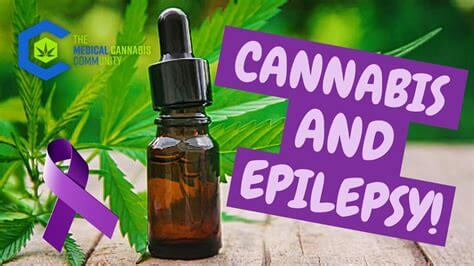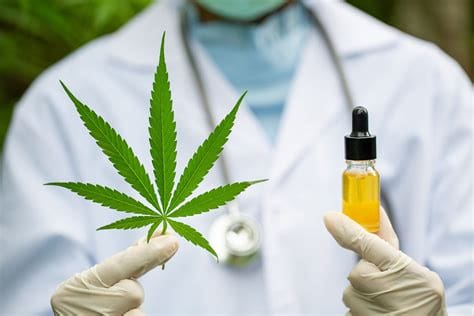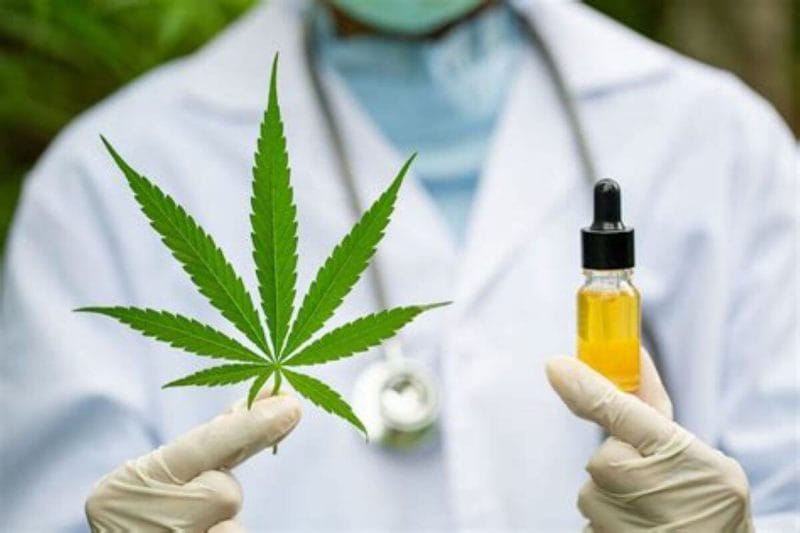Before we dive in, let’s first discuss what epilepsy and seizures actually are.
Epilepsy is a neurological disorder that is characterized by repeated seizures. An epileptic seizure is defined as a “transient occurrence of signs and/or symptoms due to abnormal excessive or synchronous neuronal activity in the brain“. In simple terms, it means all or some of your brain cells start firing rapidly at the same time, which overwhelms the brain and induces the symptoms of a seizure. This sudden firing is sometimes referred to as an “electrical storm”. In order to be classified as epilepsy, these seizures must be reoccurring and unprovoked. The symptoms of these seizures, and/or “fits”, can be anywhere from mild to severe depending on which parts of the brain are being triggered. They can include muscle spasms, erratic behavior, loss of consciousness, headaches, dizziness, and more.

Seizures can be caused by many things, and anyone can have them. A fever, low blood sugar, low blood pressure, lack of oxygen, illness, some medications, and head trauma, can all cause seizures. However, to be diagnosed with epilepsy, the seizures must occur more than once without a specific cause.
Did you know that 1 in 26 people in the US will be diagnosed with epilepsy in their lifetime?
There are no specific patterns for seizures to follow. Each person with epilepsy will have their own unique seizure patterns and symptoms although they do tend to be similar each time, for each person.
So, the question remains…Can CBD Treat Epileptic Seizures?
“…new evidence suggests that a chemical derived from the cannabis sativa plant may be an effective treatment for patients with drug-resistant forms of epilepsy.”
Despite the fact that millions of people live with epilepsy and seizure disorders, there is no cure for these conditions as of yet. However, new evidence suggests that a chemical derived from the cannabis sativa plant may be an effective treatment for patients with drug-resistant forms of epilepsy.
In 2013, news broke about an eight-year-old girl in Colorado living with a rare and debilitating form of epilepsy known as the Dravet syndrome. This story revealed Cannabis could do what prescription drugs could not, which was the ability to dramatically reduce the little girl’s seizures, and this lead to more extensive research. Now, there is scientific evidence that cannabis could be an effective treatment for approximately a third of epilepsy patients suffering from treatment-resistant forms of the disease.
Along with some of his colleagues, neurologist, Orrin Devinsky, published the results of one of the largest studies of a cannabis-based drug for treatment-resistant epilepsy. In the study, researchers treated 162 patients with an extract of 99 percent cannabidiol (CBD), which is a non-psychoactive chemical in cannabis sativa. After monitoring them for 12 weeks, this treatment was given to the patients as an add-on to their existing medications in an open-labeled trial, meaning, everyone knew what they were getting. The researchers reported the intervention reduced motor seizures at a rate similar to existing drugs.
What they don’t tell us is stories of cannabis’ abilities to alleviate seizures have been around for about 150 years, information that has been buried and suppressed. Currently, there is only one FDA approved CBD drug to treat epilepsy, and that is Epidiolex. One would think if the FDA can approve it for this one disease, they would approve it for many others. Perhaps it’s time to start having more conversations with our doctors and representatives about legalizing it altogether. And yet, we already know why they don’t.
That being said, because of passing legislation campaigns, there has come a rising and renewed interest of CBD oil in the medical industry. In particular, both patients and scientists have started to focus on the potential benefits of CBD, because, unlike tetrahydrocannabinol (THC), which is responsible for its psychoactive attributes, CBD does not cause a “high” or pose the same type of risks that researchers have identified for THC.
One major issue is the possibility of drug interactions. Because CBD is a strong liver enzyme inhibitor, it has the possibility to increase the concentration of other drugs in the body. What this means is that when administered with other compounds, consequent effects on patients may be due to the increased exposure to those other drugs rather than the CBD itself. Regardless of these limitations, the study has proven to be an important step in establishing CBD as a safe and effective epilepsy treatment since there were no surprising side effects.
Although, evidence suggests that CBD is effective against treatment-resistant epilepsy, scientists still know very little about how it works other than working with the body’s natural endocannabinoid system. However, based on the evidence thus far, many researchers believe that if multiple standard drugs have been tried with no change in symptoms and, therefore impairing the quality of life, the risk of trying CBD as a treatment is very low to moderate.

One last note before we close… It is very important to discuss any CBD treatment with your physician because of the different medications used to treat epilepsy and seizures. The different reactions CBD may cause with each medication should be closely monitored.

